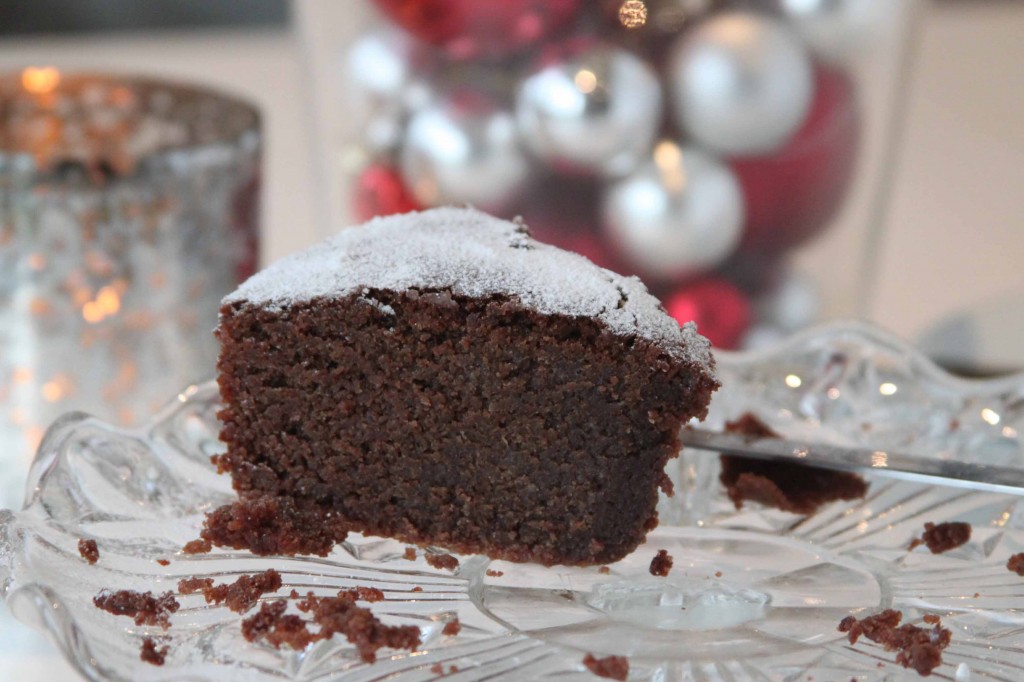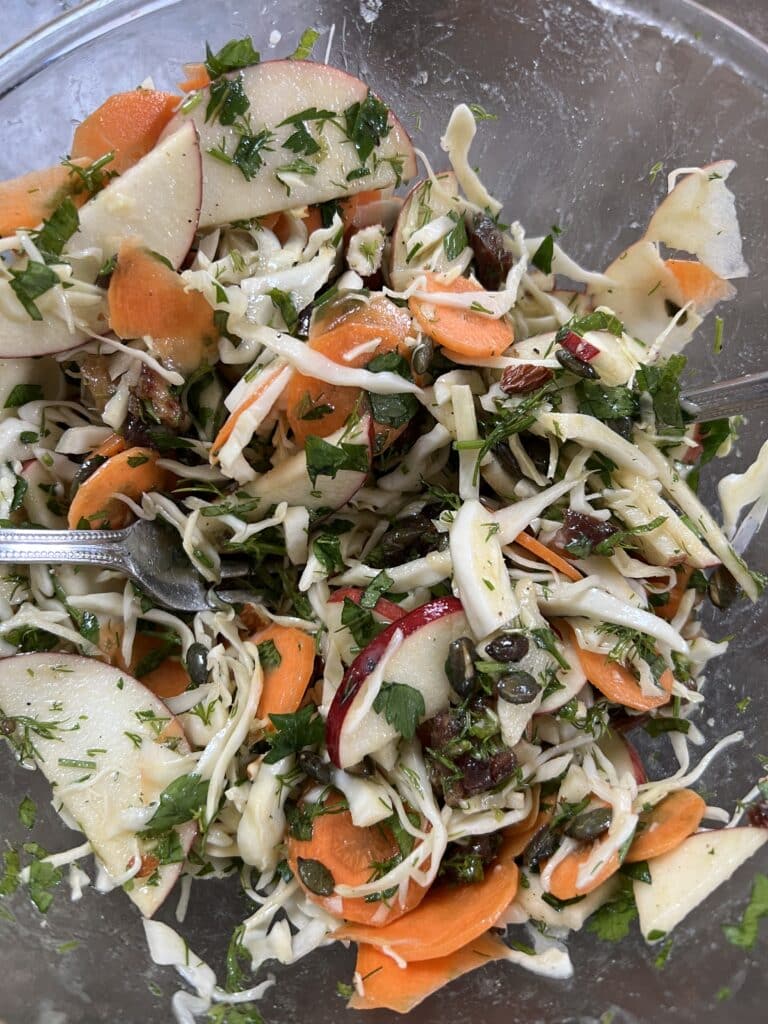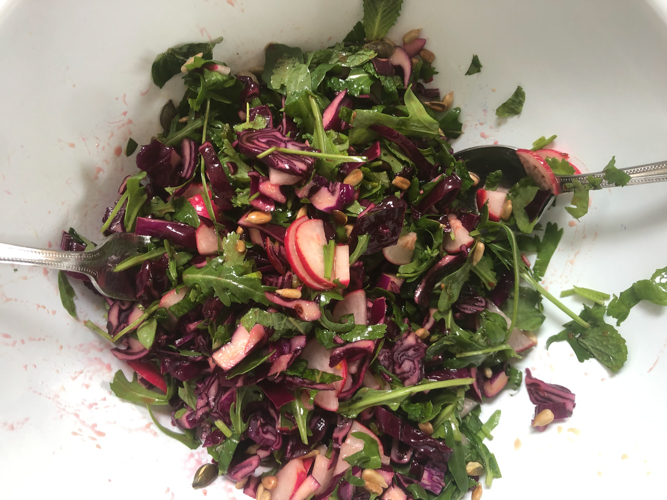
I am always delighted when people tell me they find my Christmas tips useful so if you are one of those then please, do read on. There are several posts from previous years (December 2020, November 2016) which you could turn to or see this recap below. There might seem a lot but it’s a fairly quick read and if you just take a couple of tips which help then it’s worthwhile. Plan some menus, make a few things ahead, shop well – it all helps.
Getting ready for Christmas means different things to us all. For some it is getting your presents bought and wrapped in October, for others it is having a freezer full of ready prepared meals and, of course, some would panic if their house wasn’t decorated top to toe by the 1st December. I am a mix of the first two but rarely get the house dolled up much before 16th or thereabouts as that is when term used to end for my children and we embarked on the Christmas holidays proper.
Food is what we are here to talk about however so, here we go. My plans can go two ways depending on whether or not we are hosting so let’s kick off with that. Without doubt, the more people we have here for Christmas the more organised I am. Anything that can be prepared ahead and stored or frozen will be and this includes –
Roast potoates – these can be par boiled, shaken and frozen separate on a tray. Once frozen just tumble into a bag or box and freeze until Christmas Day. Put them straight onto a baking tray with hot oil and roast from frozen. These work a treat and getting them done is a most satisfying box to tick. I favour King Edwards or Maris Pipers for really good roasties and do more than you think you will need, they will get eaten.
Gravy – I will make a base gravy ahead of time and then combine that with turkey or beef cooking juices on the day. Much easier to get ahead with this than to be juggling giblets in your Christmas best.

Pigs in blankets – unless your butcher does cocktail sized sausages I would buy good, meaty chipolatas, twist in half and cut each one then wrap in streaky bacon. Again flat freeze until hard then keep the in bags in the freezer, these I would defrost before cooking. Alternatively freeze the in foil trays and cook them directly in those.
Cranberry sauce – make it ahead and freeze then defrost and decant.
Bread sauce – make this as usual then freeze. Defrost and on heating you might well need some extra milk to loosen the consistency.
Stuffing – I will usually make a pair of stuffings, one sausage based and one veggie. Pack into foil trays then defrost and cook in these. Decant into prettier bowls for serving.
We tend to have a baked ham for lunch on Christmas Eve. It is suitably festive and celebratory to get things going and then means the ham is all ready for sandwiches, if you can fit them in, for supper on Christmas Day (or a slice to go with a fried egg on Christmas morning if needs be). We have these with red cabbage and boiled potatoes. I either strew the boiled potatoes with a good handful of chopped parsley or, if I have the energy and inclination, make a parsley sauce to go with the ham. Cumberland sauce is never a bad thing to have here. We almost always have my Tiramisu Buche de Noel (picture above) for pudding here. Whilst rich and treaty it is also very light and you can make both components the day before.
Christmas Eve supper is where I definitely want to get ahead. You may have guests arriving, presents to wrap or simply a lack of energy – either way it’s good to know that supper is already prepared. I favour a vegetarian curry or tagine of some description. These are easy to put together and it doesn’t hurt to have a night off meat before the big day. Sarah Raven’s mushroom, chickpea and kale one has served me very well a couple of times and is happily made ahead and frozen. This year we are having my Cauliflower curry (December 2023) which is a breeze to make and properly delicious. I’ll add rice, poppadoms, raita and chutney.
I think breakfast on Christmas Day is essential. You may have been woken up early by children and it is worth considering that a drink or two may be taken around midday (if not earlier) so some lining is a good idea. Whilst I wouldn’t necessarily go for a full cooked number I would offer my Christmas granola with yogurt, croissants, toasted sourdough and maybe boiled eggs. If, however, you are going for a late afternoon lunch you may want something much more substantial for breakfast – don’t go mad though, remember you have quite the feast coming up. We’ve always had children around so I tend to keep lunch at lunchtime.
 Canapés are a treat I always look forward to with drinks and everyone seems to appreciate these to keep them going before lunch. My gougerès are a must and I am quite a sucker for traditional smoked salmon on either thin brown bread or little blinis. These pancakes can be made a head and frozen, I rather like them with some finely chopped chives mixed in the batter. Some bought crisp flatbreads topped with my cannellini bean dip (April 2015) and some herby green sauce (July 2013) are another welcome and easy number.
Canapés are a treat I always look forward to with drinks and everyone seems to appreciate these to keep them going before lunch. My gougerès are a must and I am quite a sucker for traditional smoked salmon on either thin brown bread or little blinis. These pancakes can be made a head and frozen, I rather like them with some finely chopped chives mixed in the batter. Some bought crisp flatbreads topped with my cannellini bean dip (April 2015) and some herby green sauce (July 2013) are another welcome and easy number.
Although Christmas lunch is no more than a big Sunday lunch really, there are always distractions, drinks and demands so this is one of those times when I write down a time plan. Whilst it may seem a bit over the top I can’t tell you how much it helps when a glass of fizz has been taken to have a reminder of what needs to go in the oven and when etc. You don’t want to feel frazzled before lunch even starts and you don’t want guests drunk or starving. Do remember to get the turkey, goose, beef or whatever out of the fridge in good time, this really must be at room temperature before going in the oven.

Once lunch is out of the way it’s usually the King’s Speech (although we aren’t always quite finished by then) and then after a suitable pause a walk for some much needed fresh air. As a child we walked down the lane playing hockey with upside down walking sticks and it set us up for a pot of tea and Christmas cake. Now you really are on the home run with just those wonderful leftovers winking at you for supper. Please make sure you have some good mayo on hand, mine is super easy (May 2024) and you can make it beforehand. I would also recommend some appropriate bread, it might just be me but I find a well filled sandwich made with sourdough requires jaw dislocation to eat. Which brings me on to a few more useful things to have in the freezer –
A couple of different loaves, we love sourdough but it isn’t perfect for everything, as mentioned above, the smoked salmon and leftovers sandwiches are better with a thinner slice.
Ice, buy some bags so that no one gets in a bait when they find that the ice trays haven’t been refilled with water and frozen.
Coffee, freezes a treat and no-one wants to run out of it.
Vanilla ice cream, for a quick pud with a slice of fried left over Christmas pudding, an affogato or just with a chocolate or caramel sauce.
Naan breads to jazz up any leftover turkey curry.
Having said all that, I know the shops are open practically every day but I rather like the feeling of being well stocked and not having to go out for a week.
Finally, you being happy and relaxed will create the best atmosphere. Remember, lighting some candles will cast a pretty glow and no-one will notice a dusty house; a good sprinkling of chopped, fresh herbs will cover most mistakes; a brisk walk in some fresh air is the ideal re-set; there will be masses of food so everyone will be fine.
However you are planning to spend Christmas, I hope you eat well whilst remaining relaxed and if any of these tips have helped you achieve that then my Christmas will be all the better.

This is my Chocolate Pudding cake which you can make now and put in the freezer. A treat to find lurking in the icy depths when you barely have the energy to lift your head from the sofa.









 Canapés are a treat I always look forward to with drinks and everyone seems to appreciate these to keep them going before lunch. My gougerès are a must and I am quite a sucker for traditional smoked salmon on either thin brown bread or little blinis. These pancakes can be made a head and frozen, I rather like them with some finely chopped chives mixed in the batter. Some bought crisp flatbreads topped with my cannellini bean dip (April 2015) and some herby green sauce (July 2013) are another welcome and easy number.
Canapés are a treat I always look forward to with drinks and everyone seems to appreciate these to keep them going before lunch. My gougerès are a must and I am quite a sucker for traditional smoked salmon on either thin brown bread or little blinis. These pancakes can be made a head and frozen, I rather like them with some finely chopped chives mixed in the batter. Some bought crisp flatbreads topped with my cannellini bean dip (April 2015) and some herby green sauce (July 2013) are another welcome and easy number.




